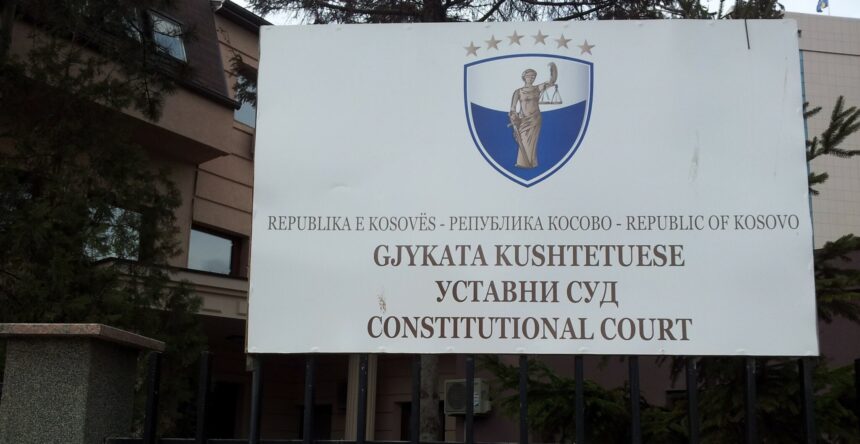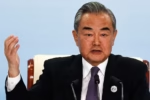The separate voting on candidates for deputy speakers of the Assembly of Kosovo from minority communities prompted the Constitutional Court of Kosovo on September 5 to impose a temporary measure. This decision prohibited deputies from undertaking any action or procedure toward forming a new government due to suspicions of constitutional violations.
The Serb List filed a complaint to the Court over the actions of the newly elected Speaker, Dimal Basha, who later declared the legislature constituted despite the absence of a deputy speaker from the Serb minority.
The Constitutional Court said the interim measure—effective until a final ruling—is applied ex officio and based on the Serb List’s request, justifying it as necessary to “avoid risks or irreparable damages.”
How might the Court judge the case?
Zahir Çerkini, Professor of Constitutional Law at “Isa Boletini” University in Mitrovica, told Radio Free Europe that the Court has always relied on established practice regarding the constitution of the Assembly.
He foresees the Court concluding that “the only violation was the separate voting for deputy speakers, since the existing practice requires their election as a package.”
Çerkini does not expect the Court to address political issues, such as who should be the Serb community’s deputy speaker. “That is not its responsibility. The Court’s role is solely to guarantee compliance with the Constitution and procedures,” he said.
Ehat Miftaraj, Director of the Kosovo Institute of Justice, anticipates a similar decision.
However, the Vetëvendosje Movement (LVV), winner of the February 9 elections, expects a different outcome.
“We expect the Assembly to be confirmed as constituted, since the Speaker followed all procedures prescribed by the Constitution, the Court’s jurisprudence, and the Assembly’s Rules of Procedure,” LVV’s Media Office told RFE.
For LVV, Emilija Rexhepi, representing non-Serb minorities and elected as Deputy Speaker, was chosen “properly, and no one has the right to take this away from the multiethnic group.”
Voting for Deputy Speakers
Unlike the other minority communities’ candidate, none of the ten Serb representatives were elected Deputy Speaker.
The Serb List’s sole nominee, Slavko Simić, failed to secure the 61 votes required, even after three rounds.
Since the Belgrade-backed party refused to nominate anyone other than Simić, Speaker Basha drew lots, as permitted by the Rules of Procedure, to bring forward another name.
Neither other Serb List candidates nor Nenad Rašić of the Serb party Freedom, Justice and Survival—currently serving as a minister in Albin Kurti’s government—won sufficient votes. Consequently, Basha unilaterally declared the constitutive session closed.
Miftaraj told RFE that “if we rely on Constitutional Court judgments from 2014 and 2025, as well as the standard built over the last 11 years regarding the constitution of the Assembly, the Court may rule that the vote for the two minority deputy speakers must be conducted as a package.”
According to him, if the Court also considers the Assembly’s Rules of Procedure approved by the previous legislature, it could clarify the voting procedure for candidates supported by a majority of minority deputies.
What next?
Çerkini believes the Court will “stress that the constitution procedure must continue where it left off, using the remaining days of the 30-day deadline” set in a previous ruling.







